This practical one-day training workshop has a simple objective: to raise IT and technical service and support standards. This is done by focusing on the standards, systems and skills needed to delight customers every time they use the technical support team.
- Improved customer service
- Greater efficiency; more consistency
- Fewer errors, problems, and escalations
- A more inspired Technical Support team acting as a catalyst for new ideas and improvements
Format
The training is very practical and objective. Very clear and specific skills, models and techniques are covered. The focus is on improving things that are already working, not going over old ground. Participants will discuss and plan new approaches to real-life examples taken from their own situations.
Expert trainer
Our lead consultant, Graham Roberts-Phelps, specialises in providing high-quality consultancy, coaching and training in customer service and personal productivity. Not only does he have a vast range of experience and expertise in all aspects of customer service – from skills, through to standards and systems – but he also has extensive experience of working in the IT industry. This background makes him the ideal person to design and deliver training on how to give brilliant IT and technical customer service.
Session outline
1. Introduction and key principles
- What is excellent service and why does it matter?
- Knowing what your customers really want and expect from your organisation (or team) and you personally – the three S’s of success
- Applying these principles to different types and categories of customer
2. Making every customer feel SPECIAL
- The difference that makes a difference – examples of good and bad service situations
- The seven qualities that make customers feel SPECIAL
- Applying the SPECIAL qualities to your job
- Qualities of IT and technical customer service superstars
- Practical exercises
3. Connecting skills: Telephone and face-to-face
- How to quickly ‘tune in’ to different types of customer
- Understanding body language and non-verbal communication
- First impressions: gaining rapport, empathy, and connecting with customers
- Using the right form of communication – telephone and face-to-face v email and messaging
- Best practice summary
4. Connecting skills: Telephone and face-to-face
- Different types of question and how to ask more effective questions
- Active listening and drawing-out skills
- Creating clarity and confidence through summarising and restating
- Using a prompt sheet of questions to get issues solved fast
5. Communication skills and techniques – planning and practice
- Application 1: Telephone skills
- Application 2: Email writing skills
- Application 3: Face-to-face skills
6. Convincing and closing
- Managing expectations effectively
- Opening, progressing, and closing tickets
- Checking for customer satisfaction
- Follow up, follow through, get feedback
7. Managing difficult situations
- Using the GREAT FUN model – a proven method of dealing with these situations
- Ways to calm frustrated or upset customers
- How to react when you’ve let a customer down because you’ve missed an expectation
- What to do when you don’t have an answer the customer wants to hear
8. Pulling it all together
- Summary of key learning points
- Action plans










